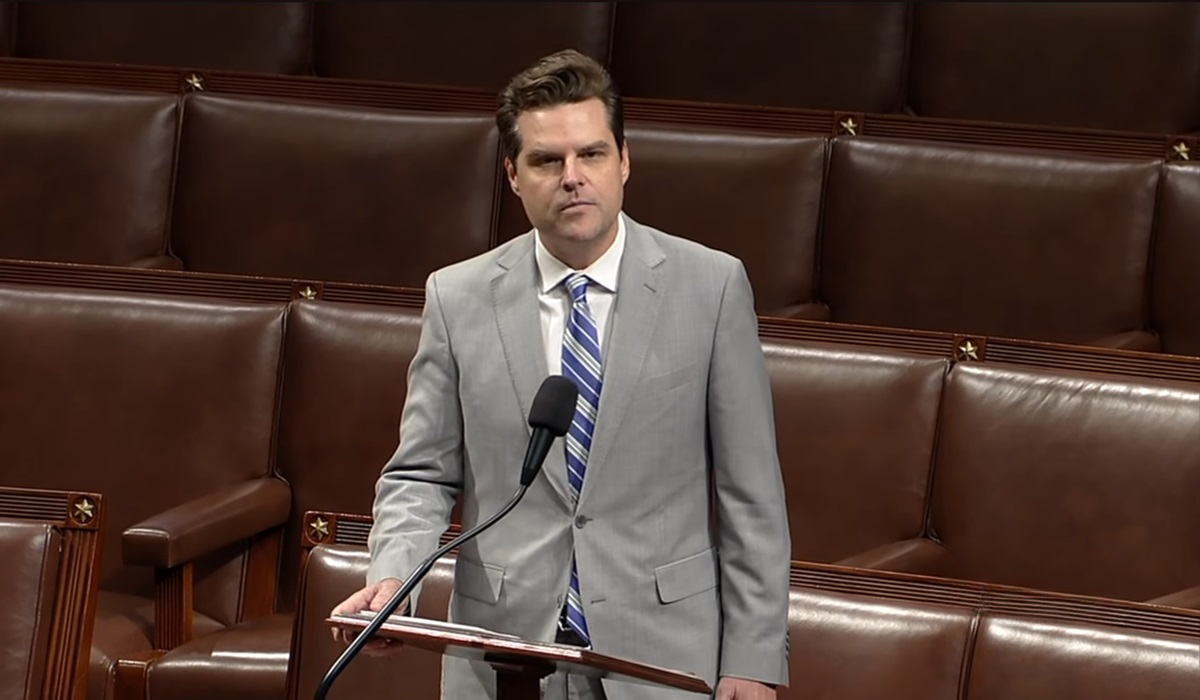The Case for Independent Candidates: Representing the People Above Partisan Politics
- TDS News
- Breaking News
- April 19, 2023

In today’s highly partisan political climate, the idea of voting for an independent candidate can seem risky, even foolhardy. Many people assume that such candidates have no real chance of winning and that a vote for them is a wasted vote. Others worry that independents lack the support, resources, and experience needed to govern effectively. However, there are compelling reasons to take a chance on independent candidates who are not beholden to parties, corporations, unions, or political action committees.
The belief that one person can make a difference is at the heart of the independent movement. Independent candidates tend to be driven by a deep commitment to public service and a desire to represent the people rather than special interests. They are not bound by the constraints of party platforms or the agendas of political machines. Instead, they are free to think creatively and independently, to take principled stands on issues, and to work across party lines to find solutions to complex problems.
Perhaps most importantly, independent candidates have the potential to break the stranglehold of party politics and restore faith in the democratic process. For too long, the two-party system has fostered divisiveness and polarization, with each side demonizing the other and pursuing its own narrow agenda at the expense of the common good. This has left many people feeling disenchanted with politics and disillusioned with the choices they are presented with on election day. By contrast, independent candidates offer a fresh perspective, a willingness to listen to all sides, and a commitment to finding common ground.
Of course, running as an independent candidate is not easy, particularly at the provincial and federal levels. Without the backing of a party, it can be difficult to raise funds needed to run a competitive campaign or to get the media coverage necessary to reach voters. It can also be challenging to build a broad base of support, as independents lack the built-in networks of volunteers and activists that parties can provide. Nonetheless, many independent candidates have overcome these obstacles and achieved remarkable success.
One example is Bernie Sanders, the independent senator from Vermont who ran for president in 2016 and 2020. Despite being a self-described democratic socialist and running against well-funded establishment candidates in both elections, Sanders won millions of votes and became a major force in American politics. He did so by appealing to voters’ sense of frustration with the status quo and their desire for a more equitable and compassionate society.
Another example is Jody Wilson-Raybould, the former Liberal cabinet minister who ran as an independent in the 2019 Canadian federal election. Despite facing opposition from her former party and limited resources, Philpott won a substantial share of the vote in her riding and demonstrated that independents could be competitive at the federal level.
Independent candidates have a somewhat easier time at the municipal level, as party affiliations are generally less important in local politics. Nonetheless, running as an independent is still a significant challenge, as municipal elections can be highly competitive and require a significant investment of time, money, and energy.
One notable example of a successful independent candidate at the municipal level is Naheed Nenshi, the current mayor of Calgary, Alberta. Nenshi first ran for mayor in 2010 as an outsider with no political experience and no party affiliation. Despite facing a field of well-established candidates, Nenshi won a stunning upset victory and went on to become one of the most popular mayors in Calgary’s history. He did so by running a grassroots campaign focused on engaging voters and building a broad coalition of supporters.
Not all independent candidates are successful, and some may lack the experience, knowledge, or temperament needed to govern effectively. However, the same can be said of candidates from established parties, and the track record of independent candidates suggests that they are no more likely to fail than their party-affiliated








